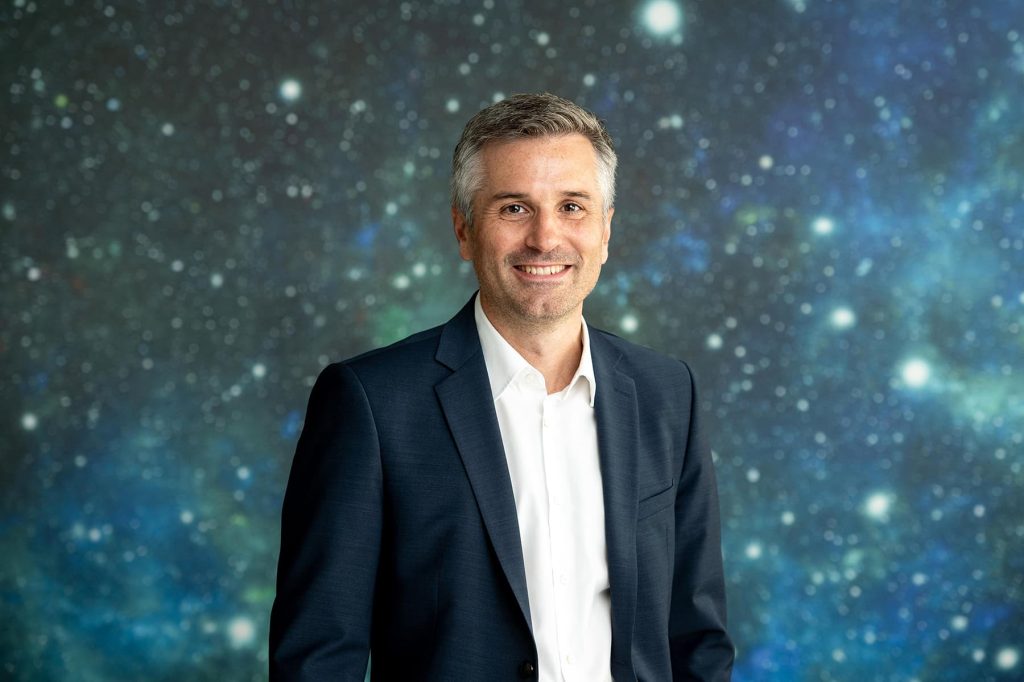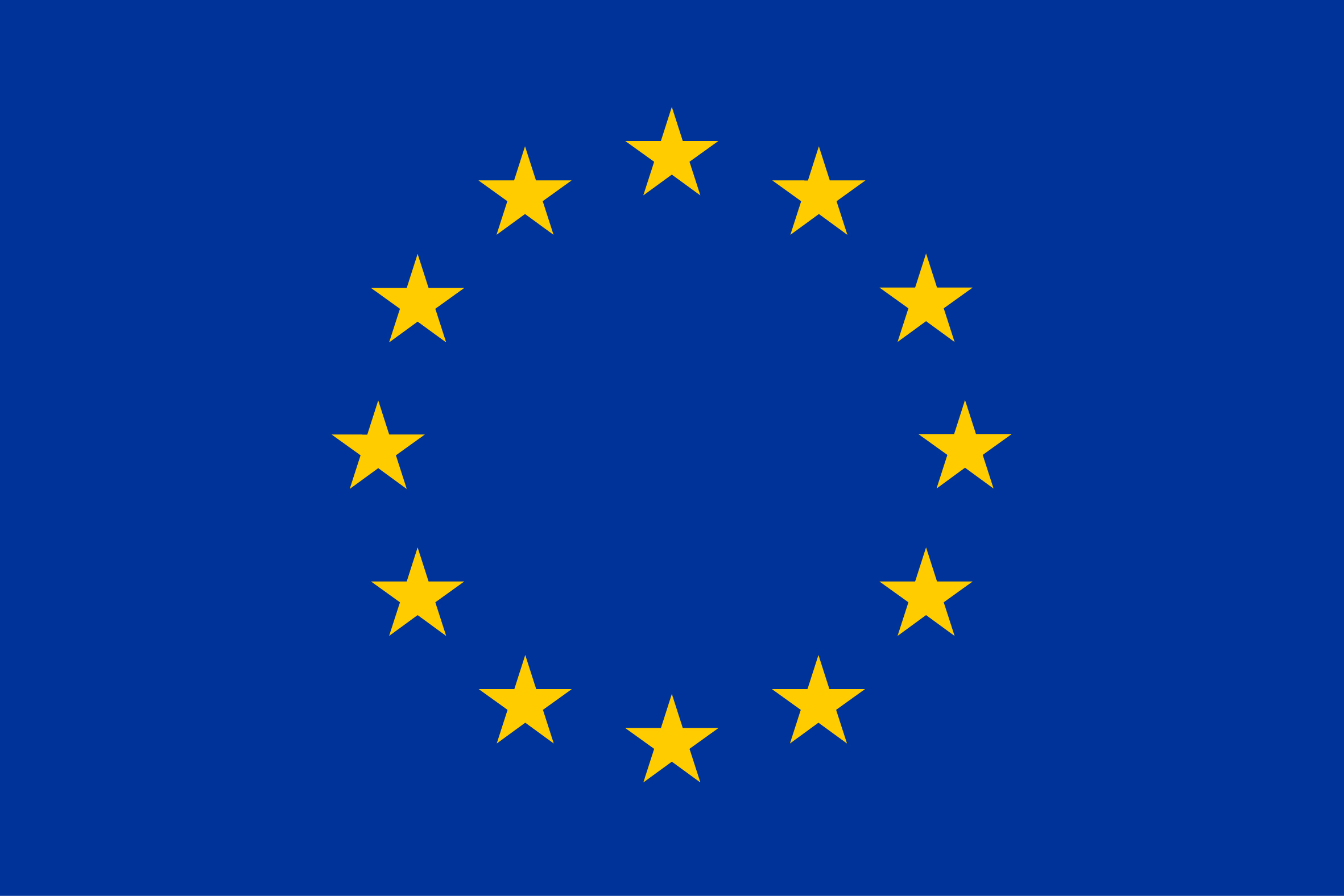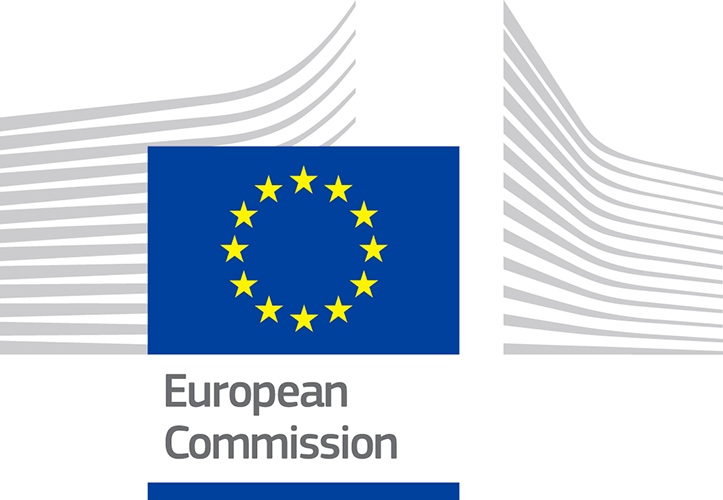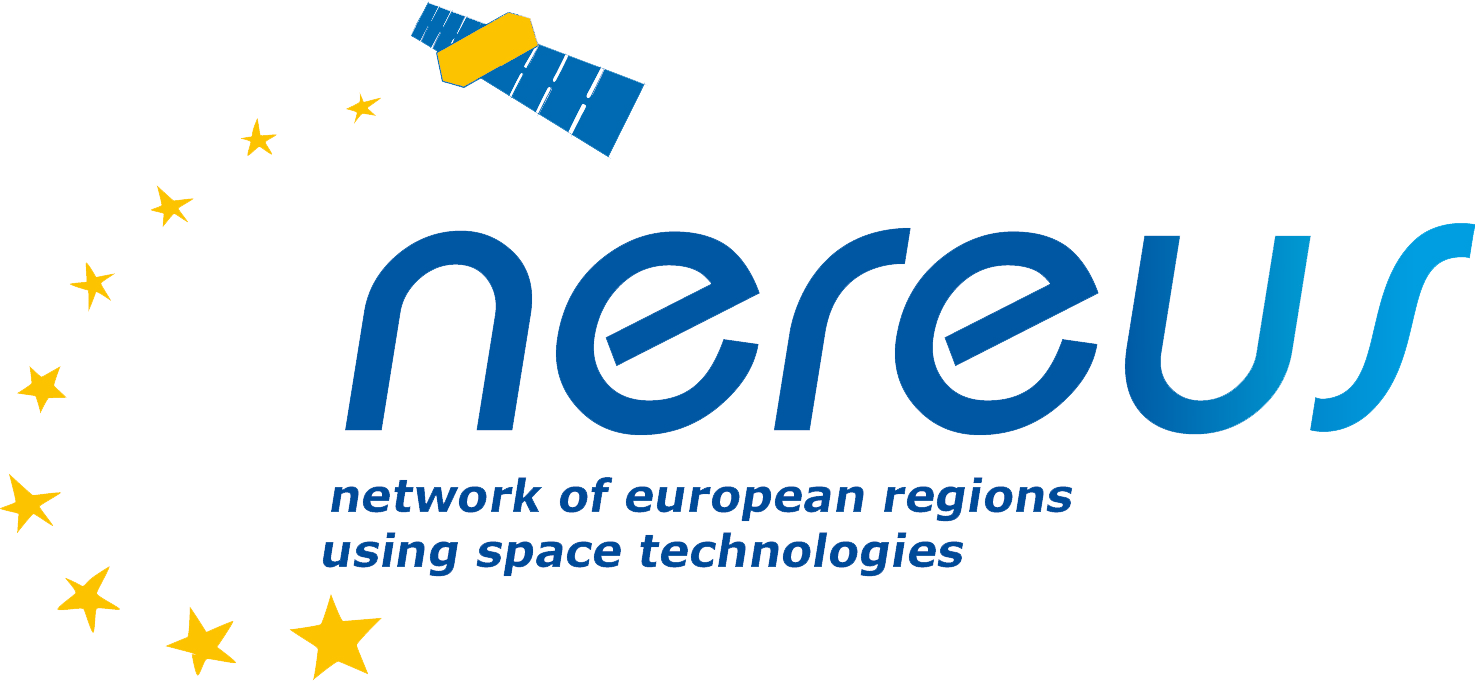

Mathias Link, Deputy Director
Interview
“We, Space players, have to commit to dealing with sustainability in Space – both at the Space debris level, but also in future regarding the utilization of Space resources.”
Luxembourg Space Agency is Luxembourg’s national Space agency and we focus on developing our Space sector. We are a young Space agency, created in 2018, but the Luxembourg Government has already put a strong focus on developing its Space sector since the 1980ies.The Luxembourg Space Agency implements the national Space policy and represents Luxembourg in various international organizations, like ESA, EU and UN. We support our companies and research centers with R&D grants and connect them to private investors. We also aim to create synergies with businesses and organisations outside the Space sector, encourage the development of key skills and expertise and help to develop the Luxembourg Space sector internationally.
Despite the growing global economy and the technological progress observed in the past decades, there are still many societal challenges that need to be overcome to improve human development. The 17 SDGs have been defined by the United Nations, as part of the 2030 Agenda for Sustainable Development. They address key global challenges with 169 associated specific targets. The importance of the role of Space applications in supporting the achievement of the SDGs is well known. We can mention Earth Observation (EO) for agriculture or climate change monitoring for instance, Satellite communications enabling connectivity in remote regions, as well Global Navigation Systems for enhanced mobility. However, the potential of Space in supporting the SDGs is much wider. Space has a major role to play in dealing with the global challenges ahead of us.
Space-based data, services and technologies have the potential to increase the understanding, monitoring and management of many of the key challenges that we are facing right now, and that need to be solved to make our activities on Earth sustainable. Space also has a role to play in supporting developing countries and fostering the development of emerging countries.
Last but not least, we, Space players, have to commit to dealing with sustainability in Space – both at the Space debris level, but also in future regarding the utilization of Space resources.
There are many challenges and opportunities linked to Space. Recent years have witnessed technological developments, miniaturization and falling launch prices. These factors have facilitated and stimulated the development of new opportunities, among them numerous entrepreneurial initiatives with more and more private investment.
Today, Space enables us to respond to or make a major contribution to societal and environmental challenges. Contributing to the sustainability of activities on Earth involves building bridges between the Space sector and the terrestrial sector. This is a priority for Luxembourg, and a real opportunity. Cross-sector collaborations imply of course a deep understanding of the needs of the terrestrial sectors, and of the potential Space holds to answer those needs at the same time. Fostering sustainability of activities on Earth through Space is the first out of 4 pillars of our national strategy.
The new dynamics seen in recent years in the Space sector and the future intensive use of Earth orbits are leading to an increase in the risks of in-orbit operations and the proliferation of Space debris. Yet today, Space is part of our everyday lives. Space infrastructures also provide commercial, security, environmental, and societal benefits.
It is therefore urgent, imperative, and a real challenge to work towards the responsible and sustainable use of Space. Sustainability of activities in Space is the second pillar of our strategy.
Space resources utilization has been a rising topic in the Space community for the past couple of years. It is directly linked to the future of Space activities and needs to follow a sustainable development approach, ensuring peaceful exploration and use of these resources for the benefit of humanity. Questions of sustainability, circularity and resource management need to be addressed in the R&D projects of companies and public research centres in this field. In parallel, the creation of a clear international framework is essential to pave the way towards a sustainable and responsible use of Space resources.
This is our third strategic pillar.
Finally, the sustainability of economic activities is also key for the Space sector.
It is directly linked to economic diversification and paving the way to a stronger and more dynamic Space ecosystem worldwide. Economic sustainability is the last pillar of our national strategy revolving around sustainability. My message to all visitors of Space for Our Planet is… although Space might feel far away from our daily life, it is contributing to many of the latest technological developments we have been witnessing lately. More than this, Space has the potential to help us see the beauty, uniqueness and fragility of our planet. The vastness of the universe only equals the tremendous potential Space holds for earth, and for the future generations. Make Space your own, and open your eyes to the beauty and the potential Space. My wish is that we look back to Earth together with a renewed wonderment and the shared goal to hold to it and work together to unite Space and Earth for the best.




